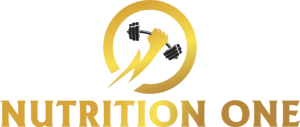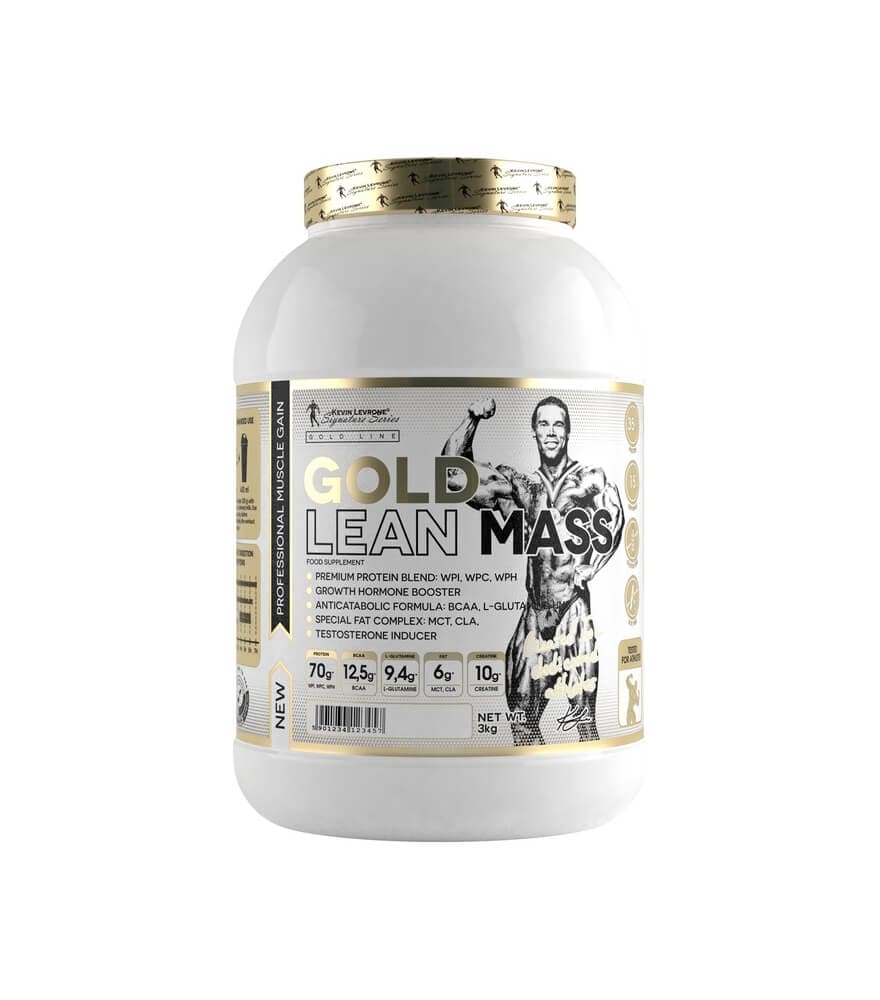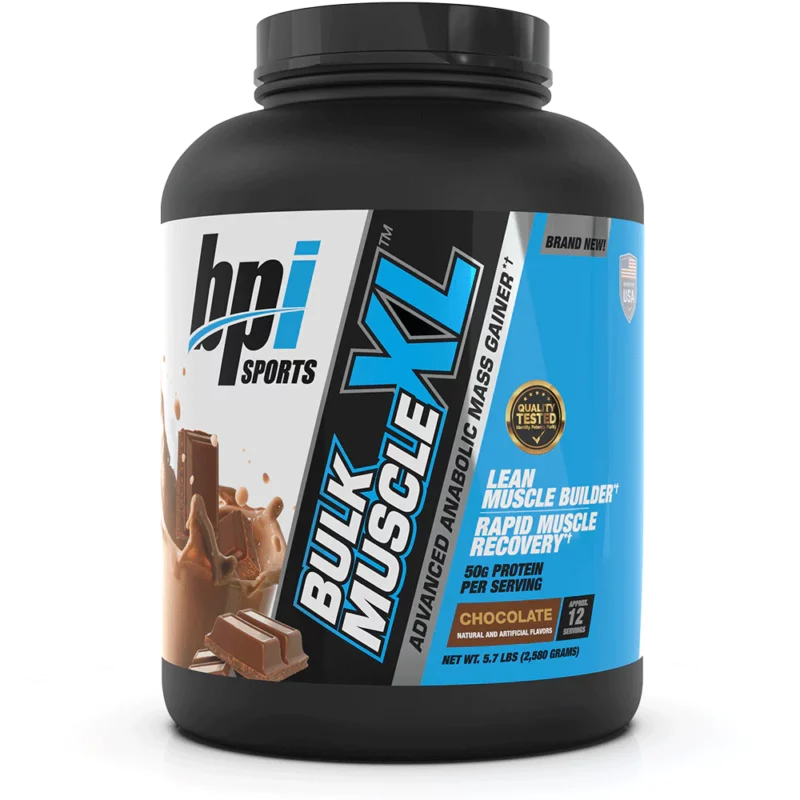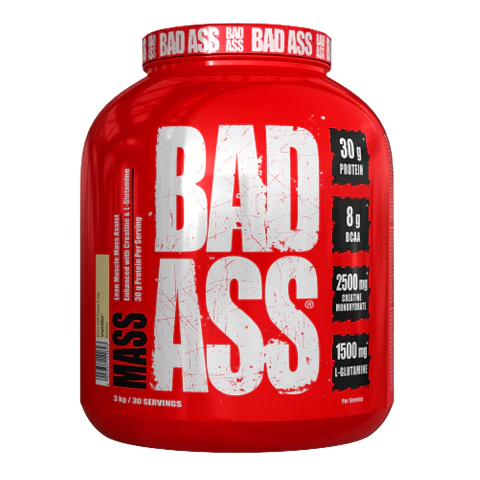Description
D-aspartic acid (DAA) an amino acid naturally formed in the human body, as a result of the conversion of L-aspartic acid that occurs in the testicles, hypothalamus and pituitary gland. In 2010, scientists from Naples conducted a study on a male group which was supplemented with D-aspartic acid. They noted 40% higher concentration of testosterone than in placebo group.
Fenugreek extract used by men worldwide to help increase lean muscle mass and jumpstart their energy, libido, and performance when used as part of a regular strength training routine.
Tribulus terrestris contains natural compounds – steroid saponins, which helps maintain normal
testosterone levels in the blood, support muscle tone and energy levels. Tribulus terrestris promotes vitality and improves the libido and sexual capabilities.
L-Arginine is a precursor to ornithine, which can be converted back to arginine in the body. L-arginine in the body is involved in many metabolic processes, it is used, among others, in the synthesis of Creatine and nitric oxide (NO). Nitric oxide causes the increase of blood vessels lumen by relaxing smooth muscles and reduction of the “viscosity” of vascular wall, thereby increasing the supply of oxygen and nutrients to the working muscles achieving greater pumps.
L-Ornithine is considered to be a powerful rejuvenator. It is the most potent of all the amino acids that have been studied relating to the stimulation and production of HGH from the pituitary gland.
HMB is a metabolite of L-leucine that is produced in the body through oxidation of the ketoacid of L-leucine (α -ketoisocaproic acid). HMB is responsible for decreasing protein breakdown during resistance training.
Since only a small fraction of L-leucine is metabolized into HMB, active concentrations of the compound in blood and muscle can only be achieved by supplementing HMB directly.
Creatine improves physical performance, increases the levels of phosphocreatine in the muscles, which
directly increases the body’s energy reserves for the duration of intensive weight training.
Taurine is a non-protein sulphur amino that has antioxidative properties, protecting the muscles from the effects of free radicals, that is, the “oxidative stress” occurring after a high intensity and long-term physical effort. This amino acid also boosts the transportation of active elements to the muscles by modulating the effect of insulin.










Reviews
There are no reviews yet.